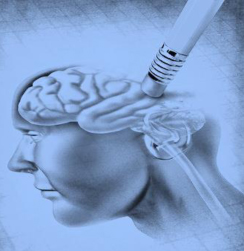What is Dementia?
Dementia is not a specific disease. It’s an overall term that describes a wide range of symptoms associated with a decline in memory or other thinking skills severe enough to reduce a person’s ability to perform everyday activities.
Are there different types of Dementia?
Alzheimer’s disease accounts for 60 to 80 percent of cases. Vascular dementia, which occurs after a stroke, is the second most common dementia type. But there are many other conditions that can cause symptoms of dementia, including some that are reversible, such as thyroid problems and vitamin deficiencies.
Is confusion always the result of dementia?
No, if a person has a sudden and unexplained change in their behavior such as increased confusion, agitation, or withdrawal, this may be caused by a urinary tract infection (“UTI”). The person may not be able to communicate how they feel. Therefore, it is very important to be familiar with the symptoms of UTI and seek medical help to obtain appropriate treatment.
What do I do when my loved one can no longer manage their everyday activities?
If the person has executed an estate plan, you can contact us to discuss your ability to assist them pursuant to a durable power of attorney or the terms of a revocable living trust.
CAUTION: Many times your initial reaction may be to arrange for the person to execute a power of attorney or trust to authorize you to assist in managing their affairs. These actions can easily result in litigation alleging testamentary capacity or undue influence issues. You should contact our office at 702-798-4955 to learn more about the steps that should be taken to avoid potential problems.







